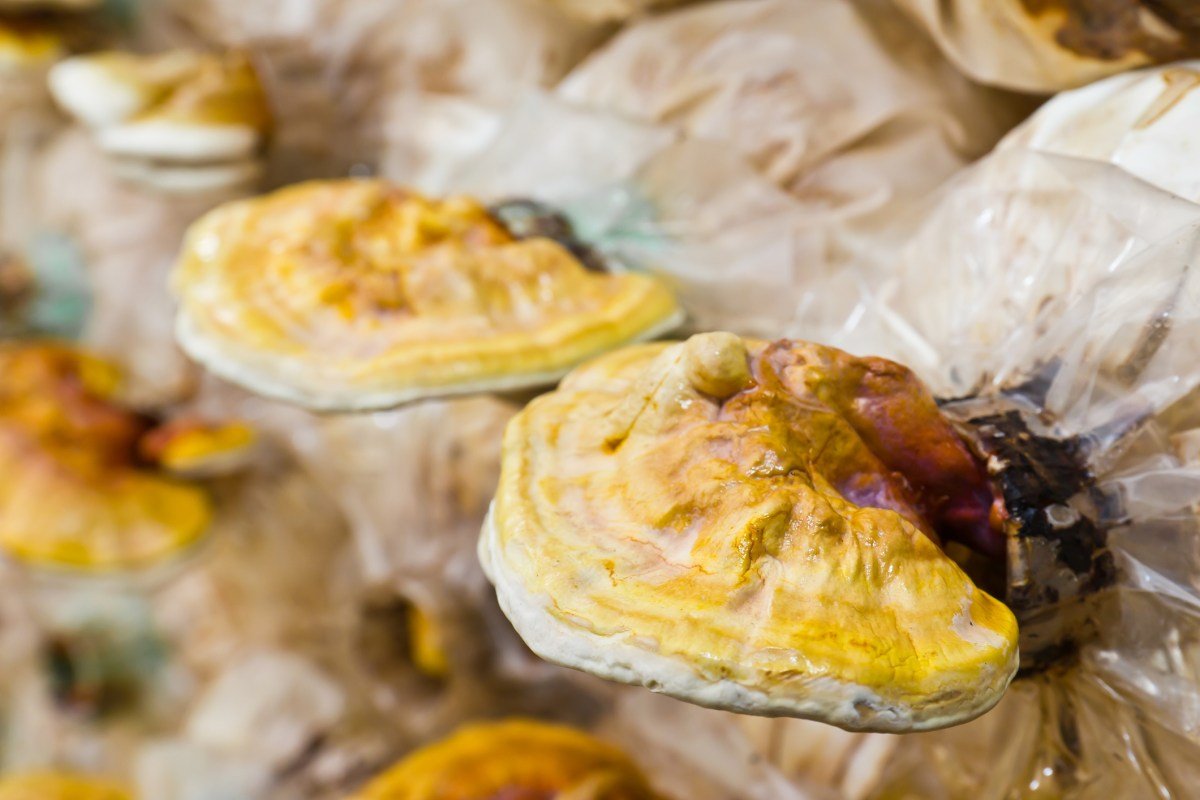A $58M round for this European Mycelium startup shows the tech is on the cusp of big things
When it comes to cutting-edge technology, Europe is not one to fall behind. This is especially true in the biotech industry, where German company Infinite Roots (IR) – formerly known as Mushlabs – has been making significant strides. IR specializes in mycelium, the material derived from fungi that has garnered attention for its potential use in various applications such as food and building materials. With a recent $58 million Series B funding round, IR is poised to lead the way in the budding mycelium startup sector in Europe.
The funding round was led by Dr. Hans Riegel Holding (HRH), a well-known holding company for the confectionery group Haribo – a household name for many. The Europe Investment Council fund, which focuses on making direct equity investments in European startups, also contributed, along with REWE Group (a German tourism conglomerate) and Betagro Ventures from Hong Kong. Existing investors such as Clay Capital, FoodLabs, Redalpine, Simon Capital, and Happiness Capital also participated. This significant investment follows IR’s previous Series A round of $10 million.
According to IR, the new funding will be used to drive commercial growth, expand production capabilities, and invest in launch activities. Founder and CEO, Dr. Mazen Rizk, believes the company is in a prime position to pave the way for a new era of mycelium-based products.
“We’re taking a two-fold approach. One is we’re following an asset-light approach to our facility where we are working with existing facilities to produce our ingredients. That way we do not need to invest heavily into capex. The other thing is we are working with one of the bigger breweries in Germany to refurbish parts of the brewery and do our own production space, which means using brewery capacity and using the waste that comes from breweries as our production hub.”
With a unique approach to production, IR has already caught the attention of major investors. However, the company is not without competitors. In the US, Meati has raised an impressive $274.5 million to date, while Nature’s Fynd has gained $509.6 million in funding. Myco Technology and Enough, both based in the UK, have raised $207.6 million and $121.7 million respectively. And let’s not forget about Quorn, a well-established company in the fermentation industry, which is also working on mycelium-based products.
In addition to these well-funded competitors, Biomaterials company Sqim has also recently closed a $12 million funding round. Formerly known as Mogu SRL, Sqim specializes in industrial mycelium-based technologies, with a focus on producing sustainable wall, floor, and acoustic treatment products. The company also aims to offer animal-free alternatives for luxury fashion and automotive industries.
But despite the growing competition, Rizk is confident in IR’s ability to stay ahead of the game, thanks to their innovative technology and strategic partnerships with industrial facilities. This partnership approach is becoming increasingly crucial for mycelium companies, as seen with Meati Foods, which recently launched a “Mega Ranch” in Colorado with the help of a $150 million Series C round and an additional extension round of $22 million. This new facility is set to produce over 45 million pounds of mycelium-based products.
Infinite Roots is following a similar path, with plans to utilize industrial-scale facilities for their next phase of production. Rizk shared, “We don’t want to mimic meat. We don’t want to create only meat alternatives. We want to create products based on Hey, they’re tasty and they’re healthy.” With a focus on developing delicious and nutritious mycelium-based products, IR is sure to make a significant impact in the market.
With this recent influx of funding, it’s clear that the potential of mycelium technology is only just beginning to be realized. And with strong backing from both investors and industrial partners, Infinite Roots is on the cusp of achieving big things in the world of mycelium. As we continue to search for sustainable alternatives in various industries, mycelium may just prove to be the answer we’ve been looking for all along.








